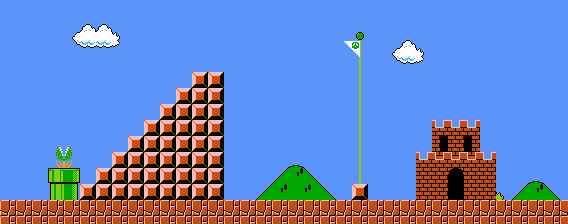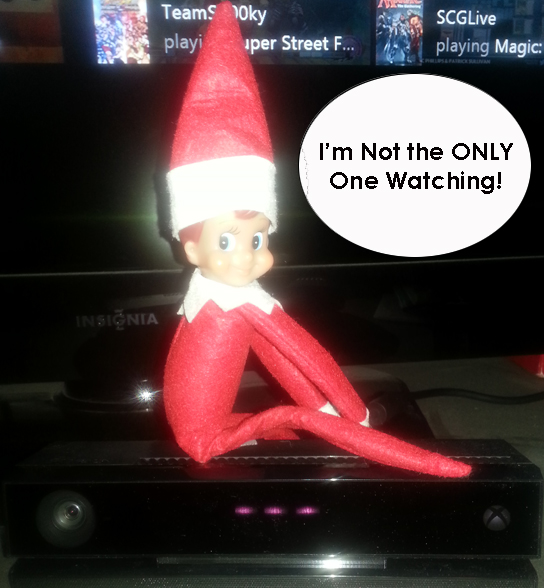Since I began studying my online Mafia community, I’ve been doing a lot of wider reading in technical communication, looking at foundational texts to fill in around things I’d studied before. It’s meant digging into the backlog of articles and books I’d put off—the pile of “read later” items always threatening to overwhelm my office—but that’s good, not only because it reduces the number of opportunities for me to die under a fallen stack of books, but because I’m engaging with concepts I knew, though not intimately, like participatory design. In Clay Spinuzzi’s 2005 “The Methodology of Participatory Design,” participatory design is framed as a research method defined as producing knowledge by doing, and there’s no better way to define the way I’m investigating the Mafia community.
Since I began as a player, I was experiencing the games as they happened around me, and in those first few games, I was primarily concerned with not dying before I could assist in discovering the identities of the mafia team. But as a games researcher, I was also thinking about the design of the game. I can’t turn that off; whatever I’m playing, I’m thinking about balance, mechanics, writing, the other players, and the way everything fits together, though it never occurred to me to consider this the foundation of my research, or at least where it began. Of course it is. I wouldn’t be here, doing this project, if I hadn’t started there, if I hadn’t seen the level of work extending between and around the games in order to sustain the community. But I’m also now working on designing my second game for the community, and prepping to run my first game as a moderator, experiences that extend both my participation in the community and my understanding of how the community functions. As I play, as I create, I uncover knowledge that differs from what I would discover if I was only observing.
Observation, however, is my next step; I am preparing a list of communities in order to find one to observe, that I may find points of comparison and contrast. Of course, everything I learn in such an endeavor will be colored by my participation in my home Mafia community, as everything is colored by the fact that I don’t need to collect much data for my project. Data is already collected: games are indexed, mechanics outlined; so much documentation exists that they hardly even know themselves what they have. Just this week, someone mentioned and passed around a moderator’s guide, forgotten until it was needed. Because the community has both strict and loose guidelines for actions—games follow certain design flows, until someone needs to skip one, and then rules and strictures fall to the wayside—documentation like this isn’t as important as it might be in a more formal environment. Here, things are flexible. The handbook is useful, but most of the gamerunners already know what’s in it, both because they’ve been running games and because they’ve been participating in the community for so long that what I see as documentation is merely lore to them.
As researcher, indexer, archivist, one of my goals is to compile all these artifacts and documents in a central hub, so that I may better use them for my own work, but for the community as well. That, too, is part of participatory design as methodology as framed by Spinuzzi: knowledge and research creates efficiency and reduces confusion, but it comes from being part of the process, not from standing separate in order to pass judgment. As I work to become a better player and game designer, a better member of the community, I learn more about how the group functions, and in turn they learn from my observations, and together we produce something better.
That’s the goal, at least.
And this barely scratches the surface of participatory design questions that might surface as part of this project, not to mention—while we’re on the subject of participation—the notion of participatory media and the always-present question of interaction and how these concepts come into play.
You can reach Alisha at her website.




